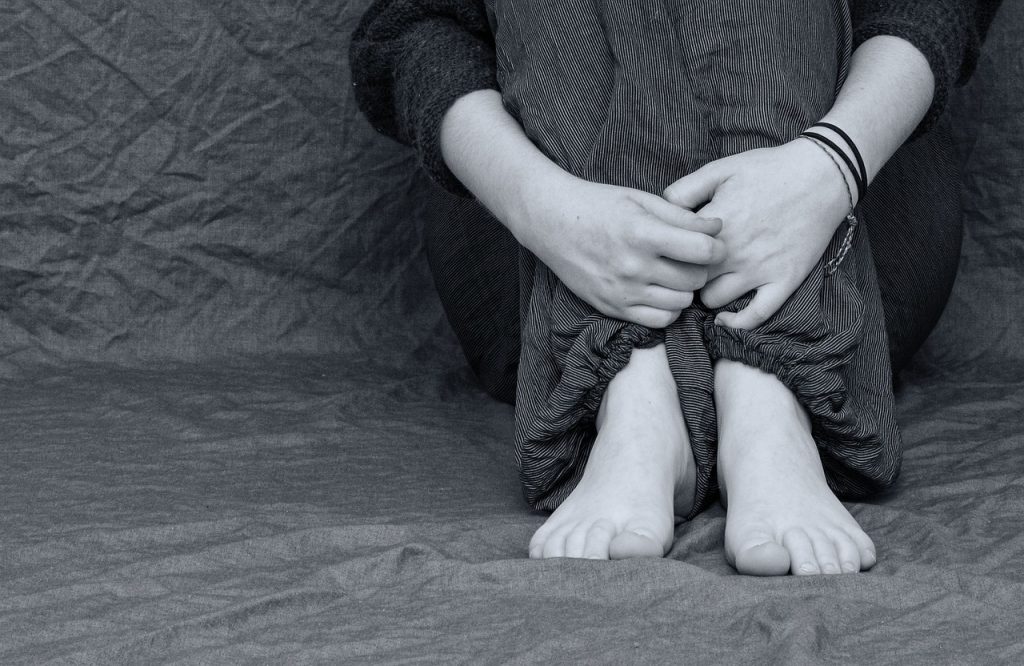When I worked as a health practitioner, people would often ask me this question: Are my problems physical or psychological? Often my answer was that they are probably both. Let me explain.
Many people view the body and the mind as separate entities, interacting, of course, but each with its own special identity and qualities. So it makes sense to them to think of the problem being caused by something going on in the body or something going on in the mind, but the truth is probably much more complex.
Can your mental state affect you physically?
Symptoms manifesting in the physical body may be because there are imbalances in the person’s emotional life. For example, asthma, arthritis, vertigo or irritable bowel trouble may be reflecting disharmony and imbalance in the emotional, mental or spiritual areas. Similarly emotional problems can be a result of physical distress or nutritional imbalances. Let me illustrate what I mean with some examples.
People who suffer with diarrhoea often rush in all aspects of their lives. When I was seeing clients, I got very good at predicting which clients would tell me they suffered from diarrhoea simply from how they started to talk to me. They would often come in and immediately launch into their problems, talking quickly and not sitting still (or even before they sat down at all!). I would have to stop them and point out I wanted to take some personal details first -address, birth date and so on. By contrast people who suffered from constipation would often move slowly, appear to have low energy and wait for me to ask questions. Which comes first – the hurried personality or the diarrhoea? It’s difficult to know.
We are aware of many of the fears that affect our lives but some fears are more subtle. For example, some people have a fear of emptiness. They are often unaware of this, but it can be a major existential fear. What do people who have this fear do? They may eat all the time to avoid having an empty stomach. They may be workaholics filling up the empty hours with business activities, or shopaholics filling up their lives with clothes. This leads them to be overweight or excessively tired and stressed or financially broke and stressed – or even all of those.
Is mental illness a physical condition?
Sometimes psychological problems such as irritability and tension are there largely because of mineral imbalances in the body, and the focus needs to be on the physical rather than the psychological to achieve a lasting solution to the problem. A UK survey found that 7 out of 10 women were short of magnesium. A deficiency of this important mineral can lead to anxiety and tiredness.
Toxoplasma gondii is a protozoa, a type of parasite. Studies have shown that around a third of the population of the world carry the protozoa in their brain. This is not just in countries with poor hygiene and sanitation, but also occurs in countries such as France, the UK and the USA. We often think of parasites as causing purely physical symptoms, such as diarrhoea and weight loss. But Toxoplasma gondii has been found to cause behavioural changes. Infection with the parasite has been associated with attention deficit hyperactivity disorder, obsessive compulsive disorder, schizophrenia and also suicides.
The intertwining of physical and psychological problems is often complex. One of the great strengths of much of alternative and complementary therapies is that many practitioners work on the whole person, recognising that separating the physical and the emotional is not the best way to help people.

